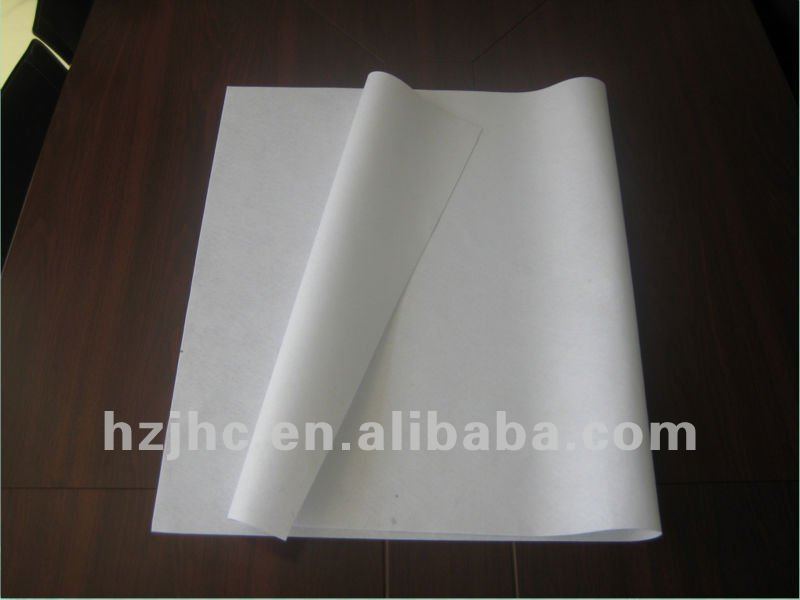Geotextile Fabric | JINHAOCHENG
Geotextiles have four basic functions: filtration, separation, drainage and reinforcement. While they are a cost effective and good solution for soil functions, a disadvantage would be its vulnerability to sediment blockage due to its porous nature.
Some common civil engineering applications include:
Improvement of unpaved and paved roads in airport runways
Landfills and stone base courses
Under urban areas like parking lots, curbs and sidewalks
Sand dune armouring to protect coastal properties
Because of the diverse applications, they possess the following properties: thickness, permeability, durability, strength and roughness.
Depending on the function, there are three basic types of geotextiles: open mesh, warp-knitted structure, or closed fabric surface.
White thermally bonded nonwoven geotextiles that offer the highest levels of engineering performance and quality standards.
Applications: Separation, Filtration, Weed control in landscape applications, Road construction railway, Riverbank protection, Drainage, Landfill, pipeline protection, retaining wall, geo bags, concrete mattress, roofing foils, tunnel and paving.
Soil separation, filtration or erosion control
Staple Fibre Needle Punched and Thermally Bonded Nonwoven Geotextiles have been designed to offer optimum performance per unit weight. Their resulting mechanical robustness and excellent hydraulic properties make them the ideal choice for separation and filtration. Produced on state of the art equipment, the JINHAOCHENG geotextile sets standards in terms of quality and mechanical performance.








